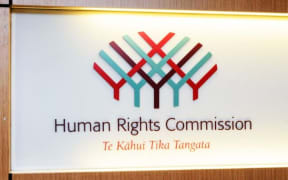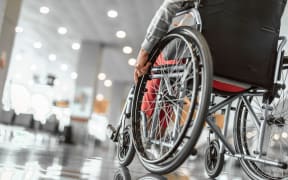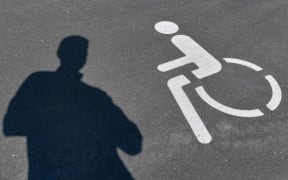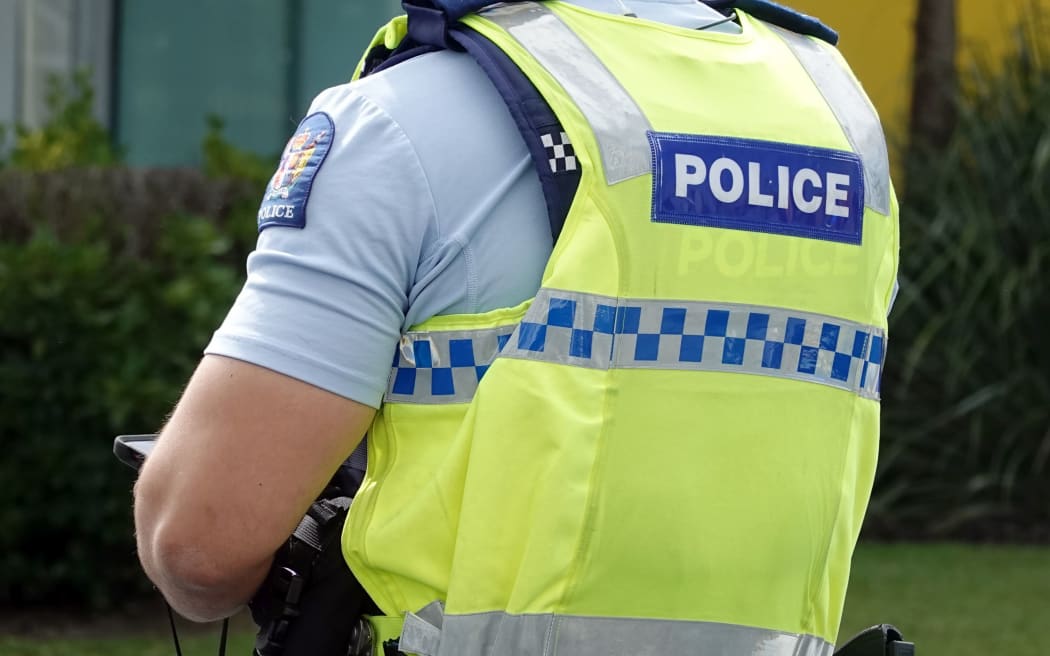
The Police College candidate "dramatically" failed the typing test, which had to be passed for entry to the college. Photo: 123RF
A dyslexic Police College candidate who failed the entry typing test three times has lost his claim for $50,000 compensation for what he says was discrimination.
But though he didn't win, Guy Greenslade's High Court action prompted a recommendation that police implement a disability policy.
"It's been a long road and he's obviously pretty disappointed with the decision," Greenslade's lawyer Greg Robins said.
"The irony is I suppose that he's gone on to complete a law degree and now is looking at a very promising career in real estate.
"It's a shame the police couldn't give him another chance."
Robins said that while the judgement didn't favour Greenslade's argument, it was encouraging to see the High Court recommend that the police implement the disability policy.
Greenslade was 18 when he applied to join the police in 2018. He passed all the other fitness and psychological exams needed to join but failed the typing test, which required applicants to type at a speed of at least 25 words per minute.
His speed was negative 62 words per minute and after one test he'd made 106 mistakes.
The test supervisor said after reviewing the results of his tests she had never seen so many red lines indicating mistakes and in an email to a colleague said he had "failed dramatically".
His application was permanently declined, barring him from ever reapplying to the police.
In 2020 he took his case to the country's foremost civil human rights court, the Human Rights Review Tribunal, claiming he was subject to unlawful discrimination.
The Office of Human Rights Proceedings took up Greenslade's case - meaning it was funded by the taxpayer - but the tribunal ultimately found he was not qualified to be a police officer if he could not pass the typing test.
The Director of Human Rights Proceedings, Michael Timmins, appealed against the tribunal's decision on behalf of Greenslade and represented him at the High Court last year where he was seeking $50,000 in damages for emotional harm arising from the alleged discrimination against him by the New Zealand Police.
On Thursday the High Court issued a judgement rejecting Greenslade's challenge of the tribunal decision.
"We are satisfied that in this case, the police have justified the requirement for the typing competency," the judgement from Justice Cheryl Gwyn, Dr Nicola Swain and disability rights advocate Dr Huhana Hickey stated.
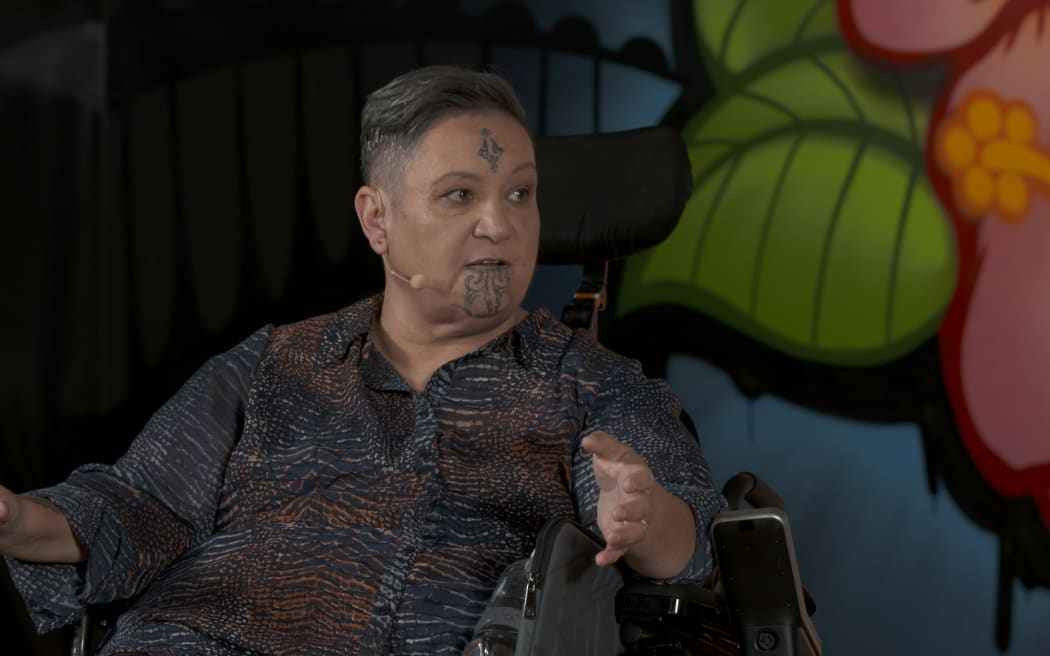
Disability rights advocate Dr Huhana Hickey presided over the hearing in October last year. Photo: RNZ / Screenshot
"This must be viewed in light of what is ultimately required to be a police officer, not simply what is required for entry to Police College."
The court said it was not in dispute that Greenslade did not pass the typing test and on that basis he was not qualified to be a police officer, as the Human Rights Review Tribunal had already concluded.
The court did, however, note that at the time police did not have a disability policy and suggested that having one could avoid similar issues in future.
Hearing examines police process
At the hearing in October last year one of Greenslade's lawyers, Michael Timmins, said there were other dyslexic police officers on the force and that frontline staff were encouraged to use dictation software for their note-taking.
"How is being able to copy type relevant to being a frontline police officer?" Timmins asked the court.
Evidence was presented of an internal police email between recruiting staff that said: "Guy will never be able to achieve a pass mark in typing".
Staff then forwarded the complaint up to police senior psychologist Ian Saunders, who said it was too great a risk to recruit him and his dyslexia hinted at more serious cognitive issues.
"This starts to create a construction of assumptions that is ultimately behind the decision to permanently decline his application," Timmins told the court last year.
"Those assumptions meant the police cut the door off too soon."

High Court Justice Cheryl Gwyn rejected Guy Greenslade's appeal of the Human Rights Review Tribunal decision. Photo: RNZ / Diego Opatowski
Saunders was due to meet with Greenslade for further assessment of his suitability as a police recruit, but the meeting never happened.
A key aspect of Greenslade's argument was that he should have been given more attempts at the test and it was unnecessary to bar him from reapplying.
Greenslade has also subsequently passed other typing tests with much higher speeds than needed to meet the minimum requirements for a police officer.
Crown Law, on behalf of the police, said Greenslade had failed at each stage of the test and wasn't qualified for employment as an officer.
"There is no basis to advance an applicant who has not passed the test. Everyone has to pass the test whether they're disabled or not," Crown lawyer Debra Harris told the court.
In response to Greenslade's argument that he should have been allowed further attempts at passing the test, Harris told the court further attempts would not have mattered.
"This was a dramatic fail. Most people pass at least on the second attempt," she said.
Harris made the comparison that if swimming was required for a certain job and an applicant could not swim, then they would not be the right person for the job.
The Police College received roughly 7000 applications every year, with around a quarter of those accepted.
Greenslade has 15 working days to apply for leave to appeal the High Court's decision.
* This story originally appeared in the New Zealand Herald.


